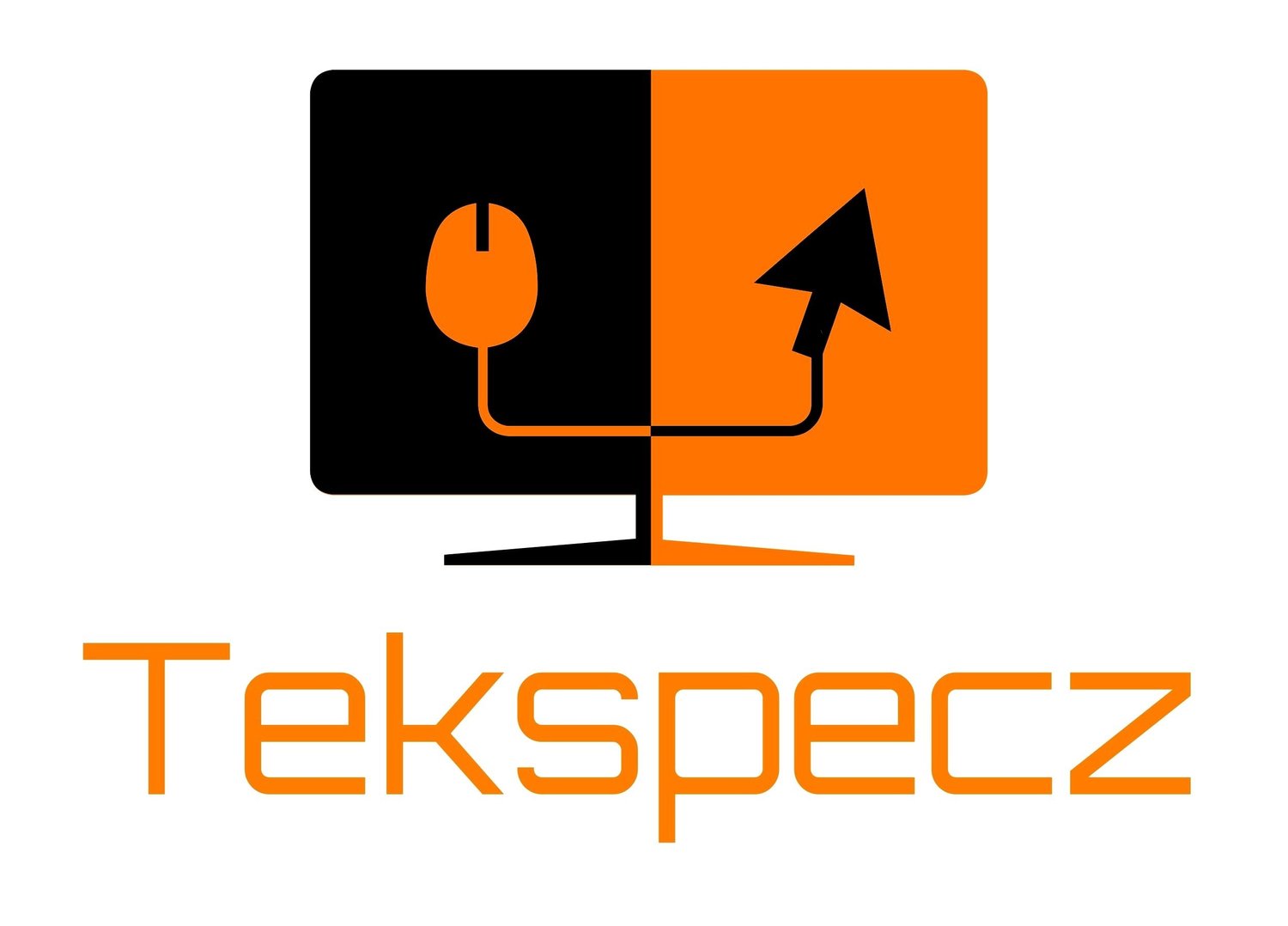Seagate has just announced something big,their about to drop their new thin and fast 2 terabyte mobile HDD made strictly for the laptop of course. As claimed by Seagate, this new drive they're about to release is worlds first and only 2TB HDD being offered at such a thin package measuring at 7mm, this is the very same size as the solid state drives that's currently gracing he market.
Stated by Seagate, it weighs a mere 3.17 ounces,that's 25 percent lighter than most of Seagate's previous generation mobile HDD's. This of course is good for laptop manufacturer's looking to offer consumers thin and light HDD's. The new drive will offer consumers more capacity per dollar than you'll usually get with an SSD.
Representatives at Seagate had this to say:
"In an industry first, our engineers have been able to boost areal density to 1TB per platter in a 2.5-inch form factor, allowing our OEM customers the flexibility to design and build virtually any kind of laptop they can envision, with plenty of storage to boot," said Matt Rutledge, Seagate’s senior vice president, client storage. "Laptops today must satisfy consumer demand for fast computing and high capacity storage capabilities on one hand, while also offering compelling designs and slim styling on the other. With the introduction of Seagate’s new Mobile HDD, laptop manufacturers no longer need to make tradeoffs between these seemingly competing mandates."
The mobile HDD is equipped with a SATA 6Gbps interface and 128MB of cache ( that's a lot of cache), Seagate's new 2TB offering is rated to deliver up to 100MB/s of long sustaining transfers.
More and more consumers today are using laptops, having 2TB of storage is most certainly a welcome addition. We talking a drive that's capable of storing over 200,000 photos, and hold endless amount of music files or even manage 124 hours of HD video, stated by Seagate.
Seagate is currently offering a 1TB variant,yet there's no listed price for each drive.
Key computer term: Cache is basically a component that stores data so that future request of that same data can be served faster.

